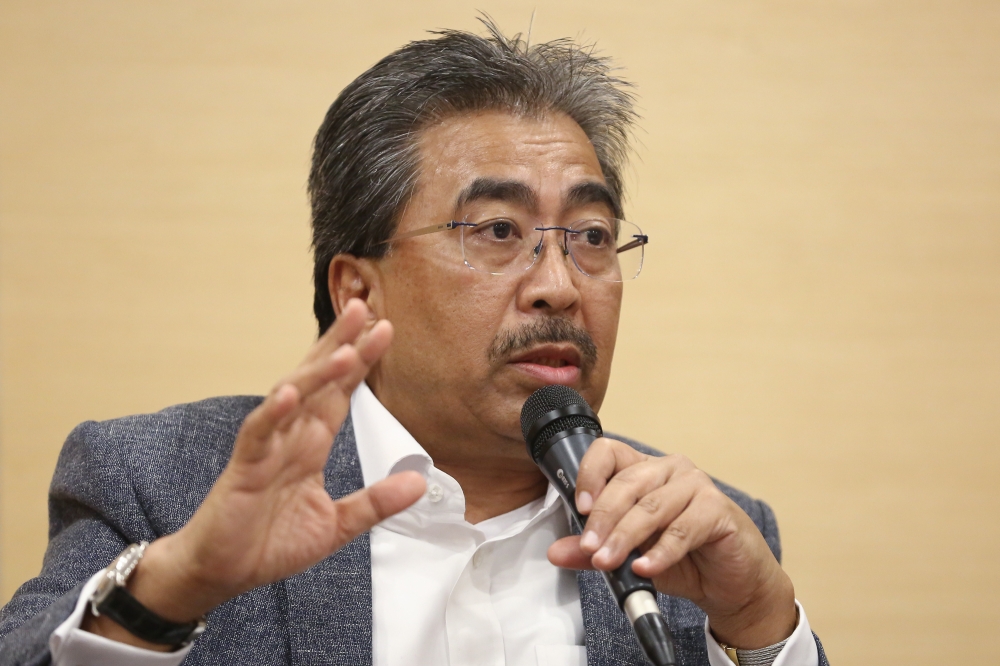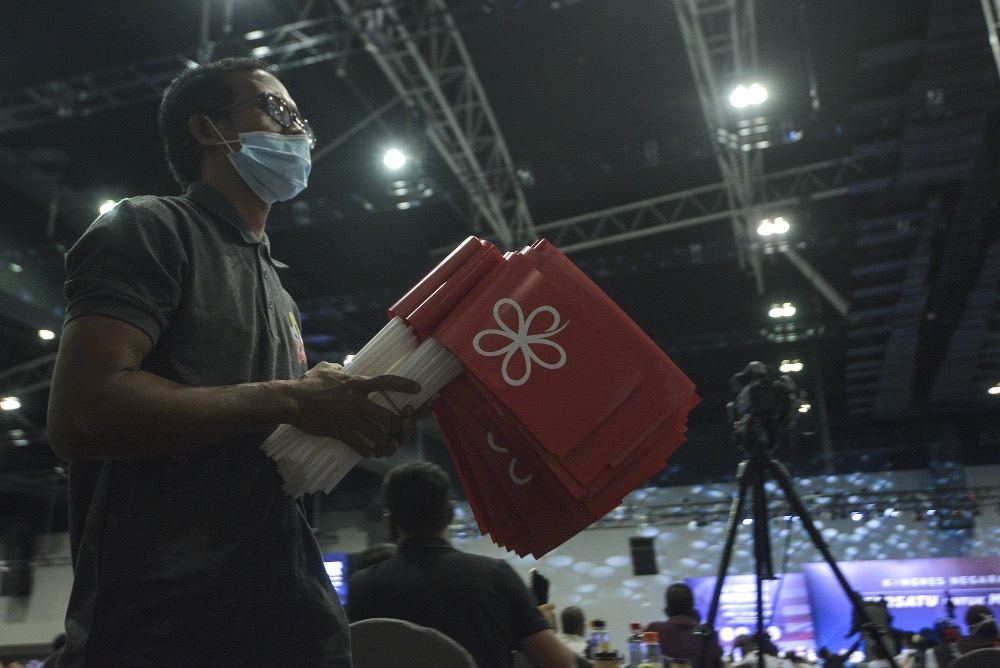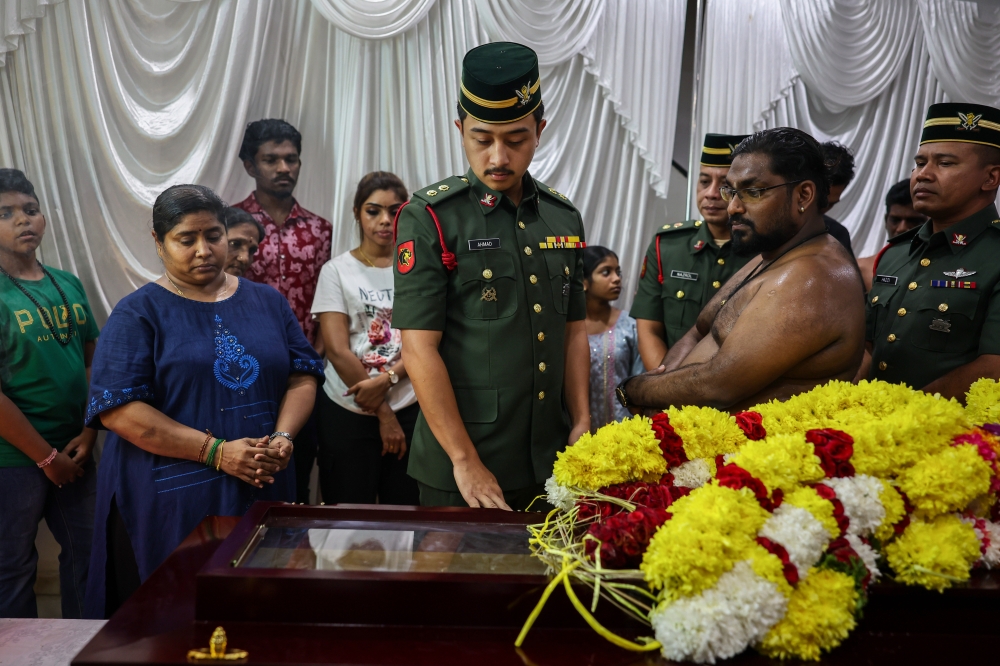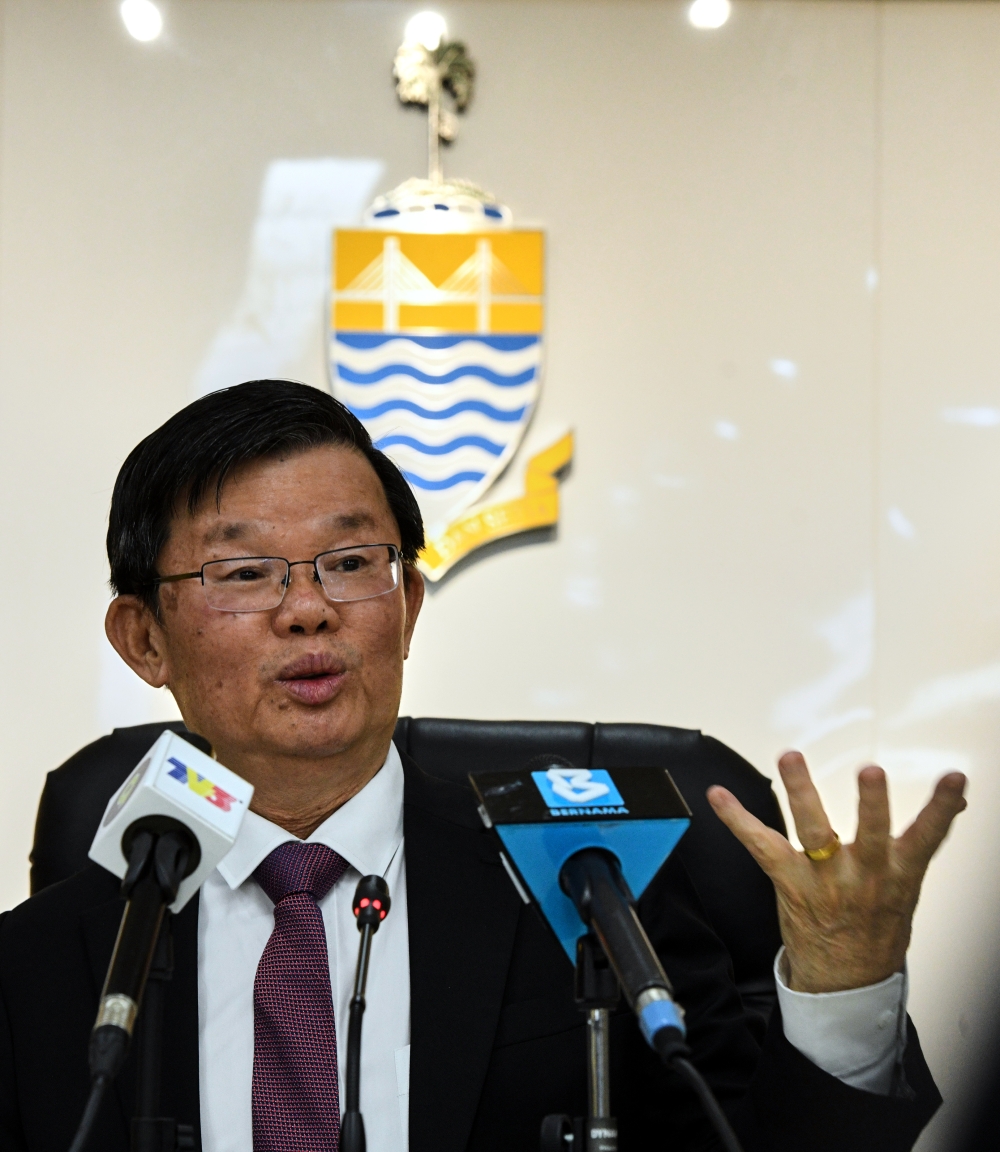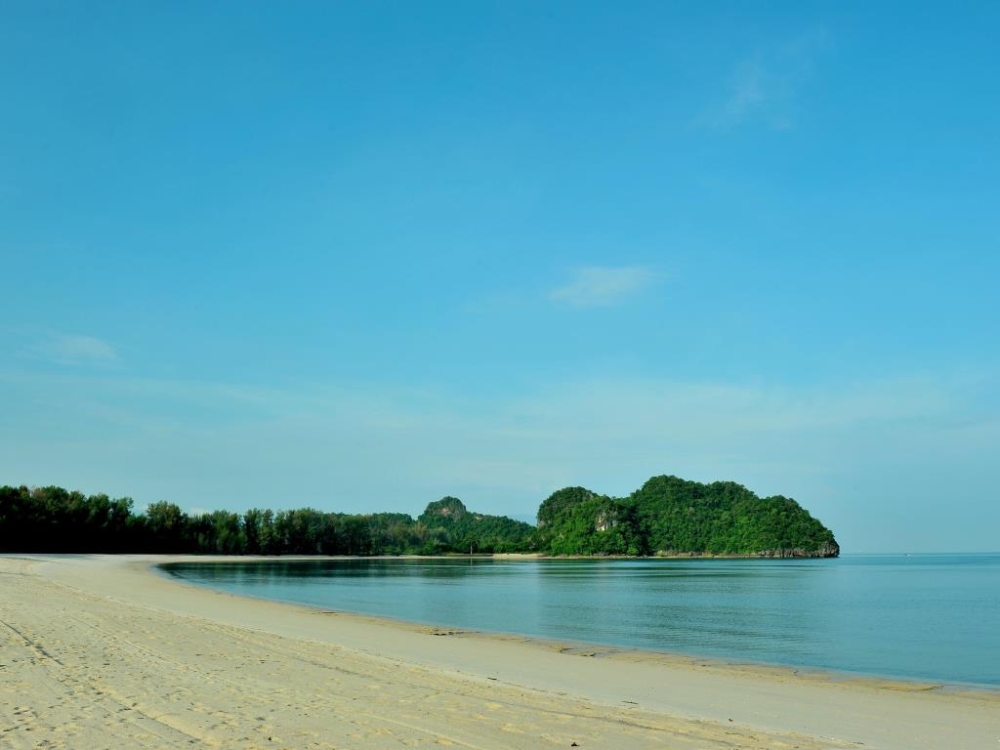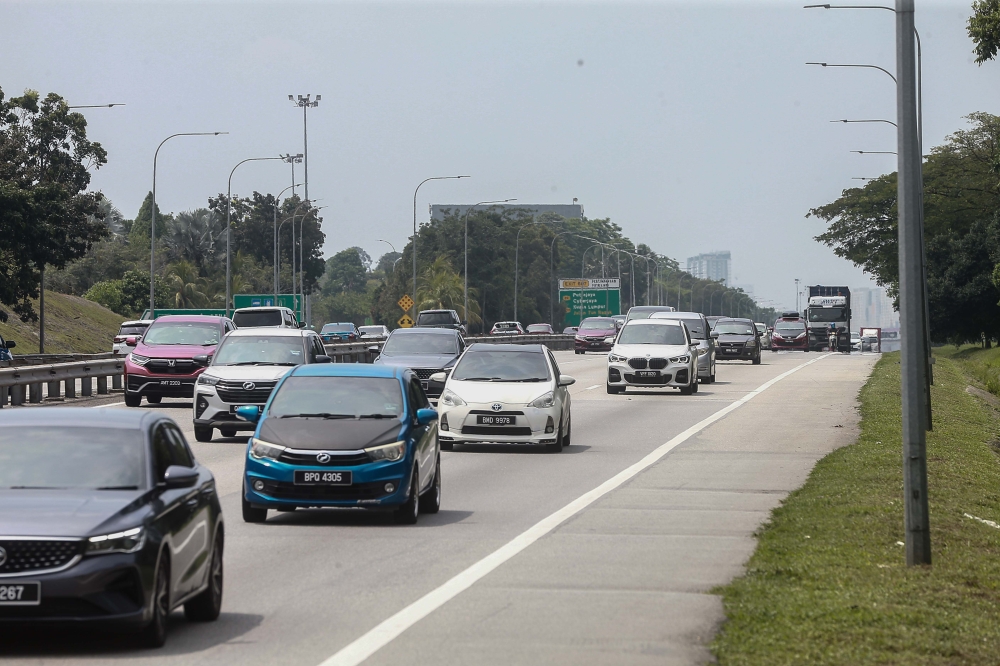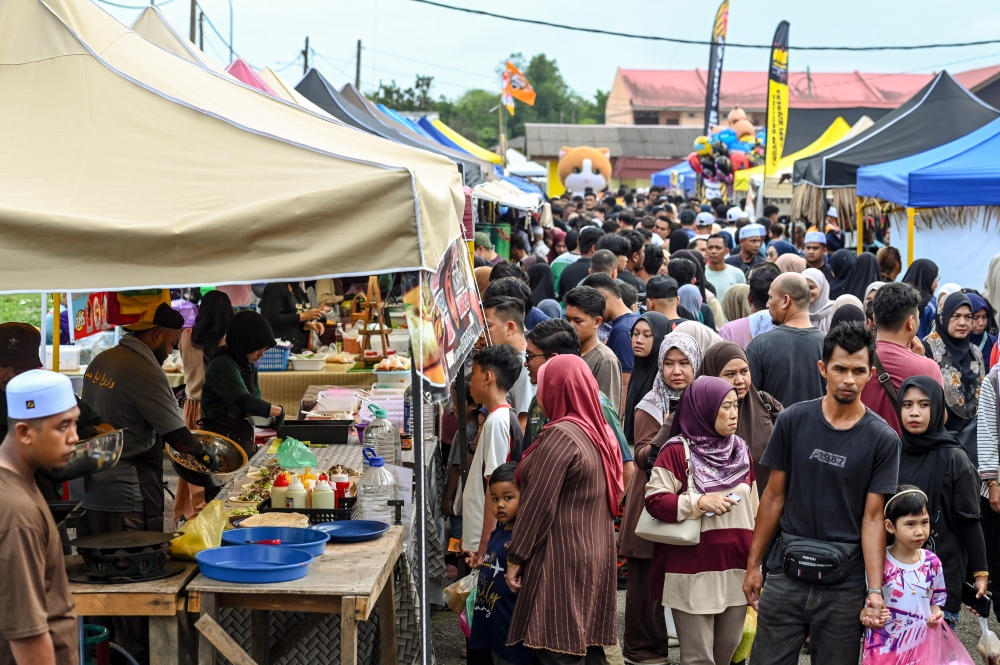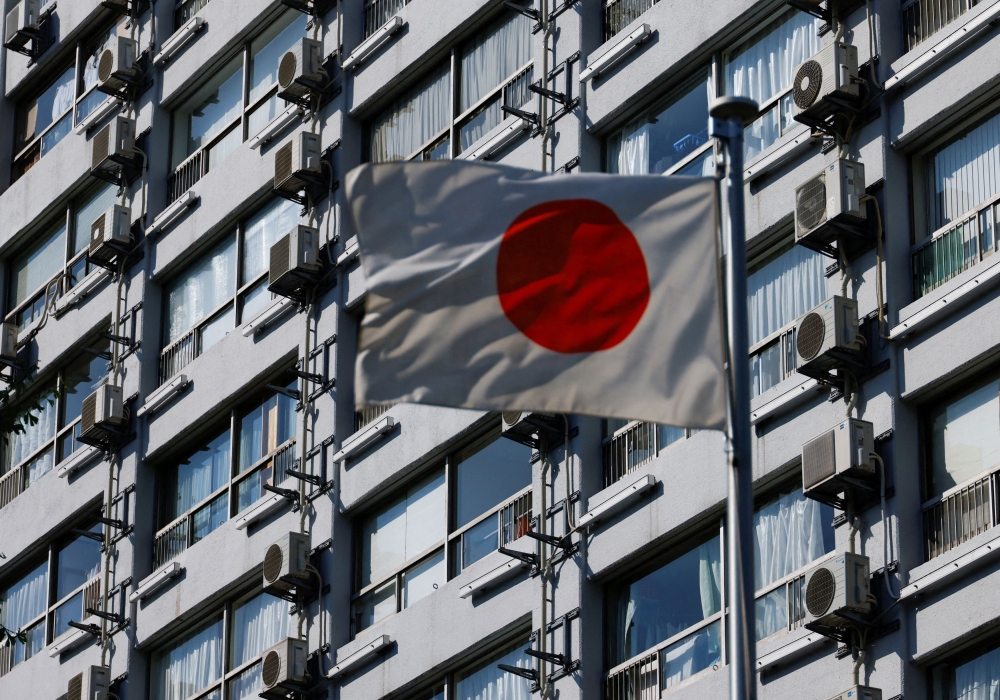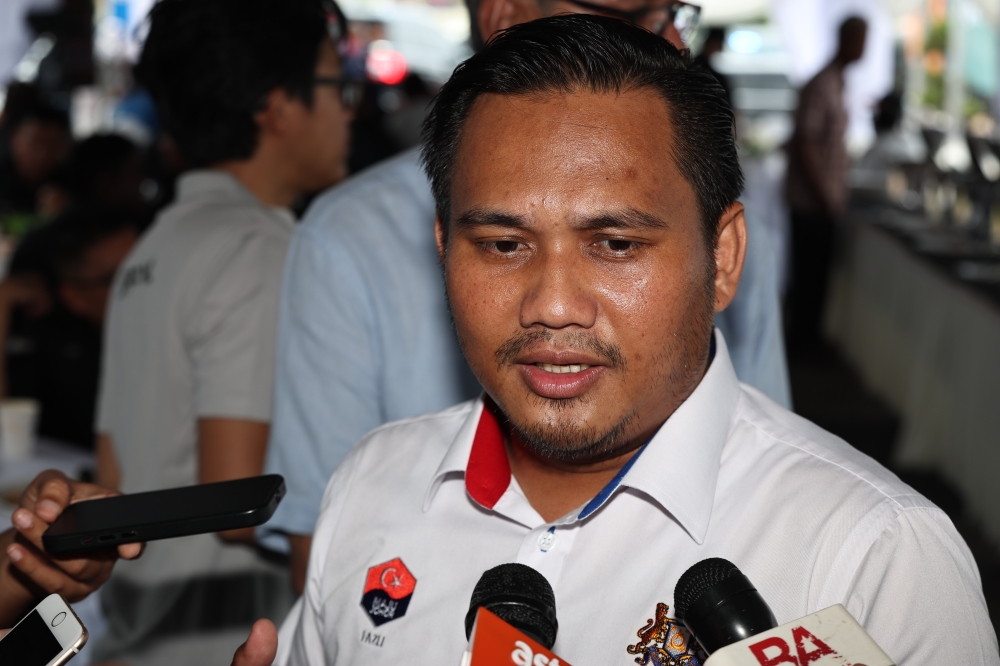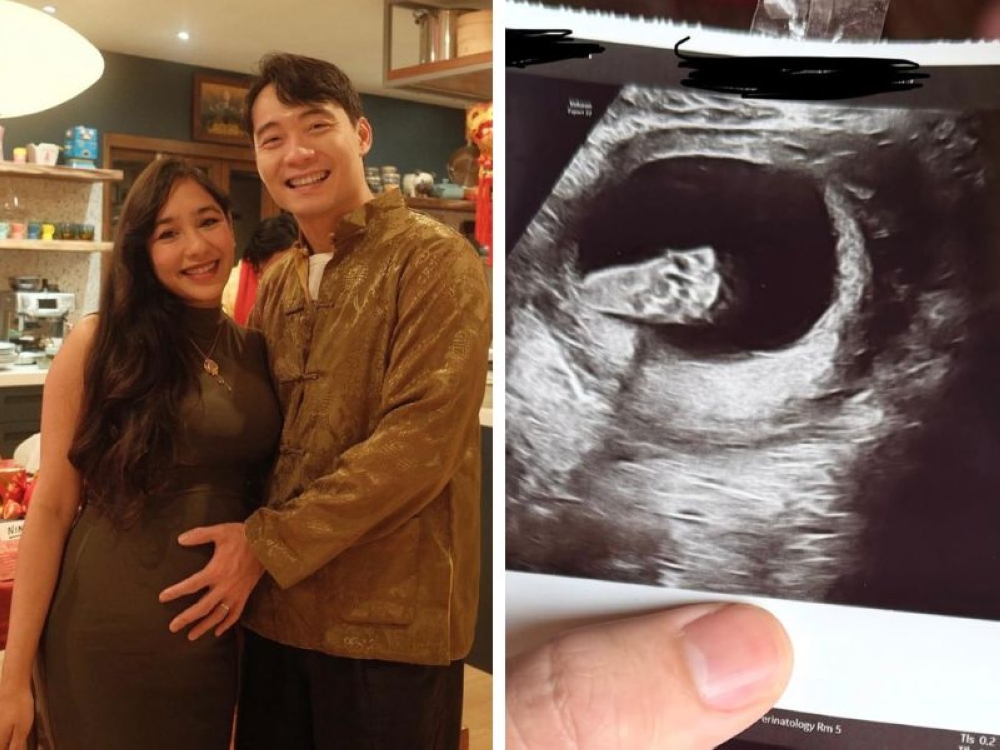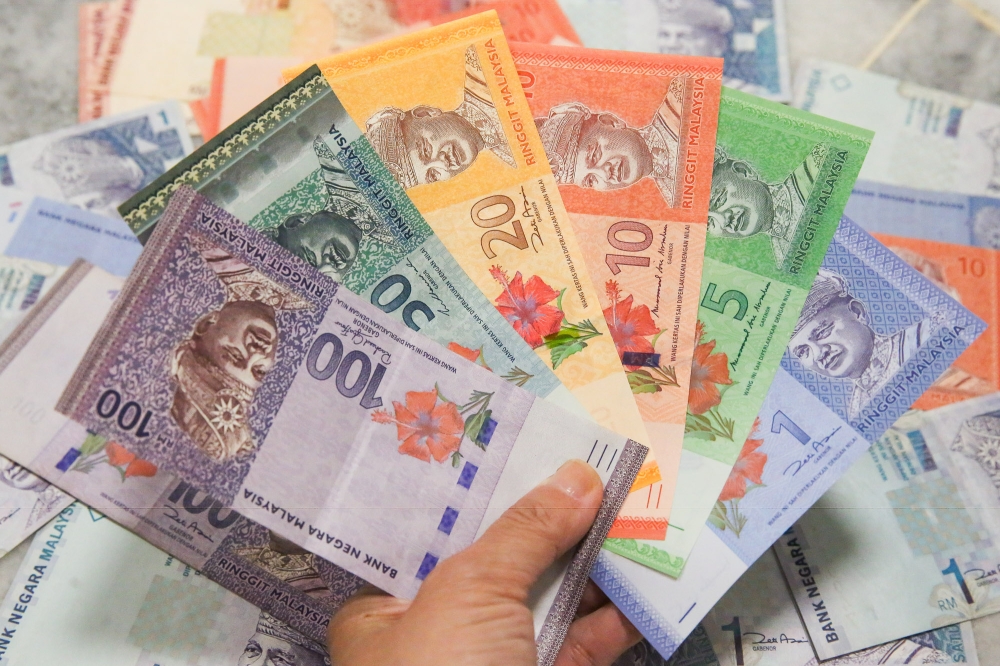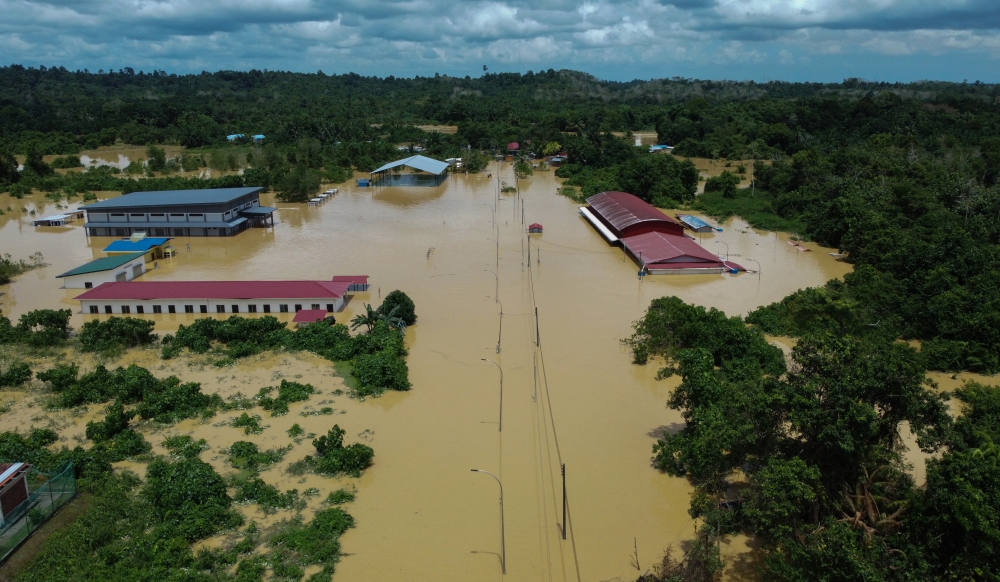KUALA LUMPUR, Sept 29 — The transmission of the Covid-19 virus in the community is no longer limited to Sabah, Health director-general Tan Sri Noor Hisham Abdullah said today.
However, he said the Health Ministry is not insisting on the 14-day mandatory quarantine for those who test negative or do not show any symptoms of the illness even as the rate of infected rises.
“We’ve noticed the infection is in the community already and not just in Sabah. We are doing active surveillance, public health interventions and have a targeted enhanced movement control order (TEMCO) at Lahad Datu, Kunak, Tawau and Semporna to control the spread,” he said today during his Covid-19 media briefing.
Instead, he said the ministry will be relying on self-regulation and self-isolation.
He also urged those who have difficulty self-quarantining at home to get in touch with the ministry to arrange to be housed in a quarantine centre.
“Those found negative and although they’re required to undergo mandatory quarantine, we advise them if possible, to avoid contact with anyone. More importantly, they must comply with the one-metre distancing.
“If symptoms arise, please come to the clinic and hospitals.
“Remember, positive cases elsewhere have been isolating at home, these are negative cases who have had no contact with other patients and no symptoms so we advise them to self-regulate,” said Dr Noor Hisham.
“The MOH needs everyone’s cooperation in order to curb the spread of the infection, so do continue to adhere to the new norms.”
He noted that some had faced difficulty self-quarantining at home due to space constraints or the inability to access daily essentials like food and other amenities.
As such, Dr Noor Hisham advised them to contact their nearest medical centre or MOH and ask if they can be boarded at one of the quarantine centres until they are cleared for release.
He also said that he was aware of the people’s concerns that those told to quarantine at home may not adhere to it, citing the Sivagangga cluster as an example. The cluster began with non-compliance of a returnee from abroad to Malaysia with home quarantine requirements.
The index patient in the Sivagangga cluster was a restaurant owner who is a permanent resident in Malaysia, and had initially tested negative for Covid-19 at KLIA upon his return from Sivagangga, India on July 13.
But the 57-year-old operator of a restaurant in the Hosba “mukim” (parish) in Kedah’s Kubang Pasu district did not comply with the home surveillance order and later tested positive on July 28 for Covid-19 on a repeated screening.
By July 28, a total of 28 of the restaurant owner’s close contacts were screened, with five living in the same household as him testing positive ― his Malaysian son and four non-Malaysian employees.
On the same day, Malaysia had a total of 25 active Covid-19 clusters nationwide, including this cluster.
“The main concept here is home or centre. Some can do well at home, in fact 70 per cent can. Only the one or two cases don’t adhere to the new norms so that does not mean we must punish the rest,” Dr Noor Hisham said.
“PUI (persons under investigation) and PUS (persons under suspicion) are definitely going in for the 14-day quarantine period that has not changed. But negative cases with no contact and no symptoms that’s the issue here. That’s why we are asking them to quarantine themselves.
“We cannot win the war alone, we need everyone’s help to fight the battle by continuing to adhere to the new norms.”




